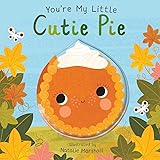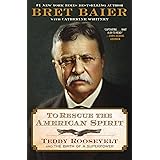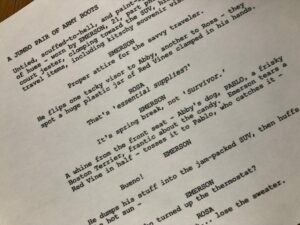Unlocking the Secret Powers Hidden Within Modal Auxiliary Verbs

WRITING WELL
And whether “also” should precede or follow modals in most cases
A question that arose at work recently was whether “may also” or “also may” is correct. While I’ve written plenty about adjectives and adverbs, I’ve sorely neglected most types of verbs (with the exception of transitive and intransitive verbs in “When to Use ‘Shined’ vs. ‘Shone’ in Your Writing,” a post I often return to!), so I appreciated the opportunity this question gave me to explore what are generally known as “modals.”
The verb “may” is a modal auxiliary verb (aka “modal”) as are “can,” “could,” “might,” “must,” “shall,” “should,” “will,” “would,” and “ought to.” As opposed to run-of-the-mill auxiliary or “helping” verbs (which include forms of “be,” “have,” and “do”), modals not only pair up with main verbs as helpers but indicate mood or intent, usually with regard to possibility or probability, necessity, permission, or ability.
Though I had no idea that “can” and “may” were called anything special when I was in third grade, I became aware of how the meanings of these two modals might differ when a classmate began a request to go to the restroom with “can.” Our teacher, Sister Mary Ellen, was more than happy to point out that of course the student had the ability to walk out of the classroom and down the hall to the bathroom, so the correct question, in her opinion, was whether they “may” — or had permission to.
In addition to “can,” other modals that reflect the ability to do something include “could” and “will.” And in addition to ability, “can” and “could” at times indicate possibility or probability — as do “may” as well as “would” and “might.” Consider this example:
“Since they could take time off in late summer, they would go to the coast then.”
While in this case “could” indicates ability, “would” indicates the likelihood of something happening as a result. Or that sentence could be written this way, making it sound a bit more direct — if less definitive:
“Since they can take time off in late summer, they might go to the coast then.”
In addition to “may,” another modal that indicates permission is “shall”…


















